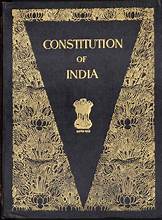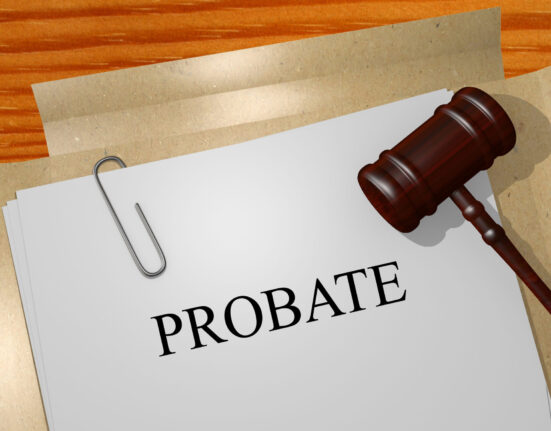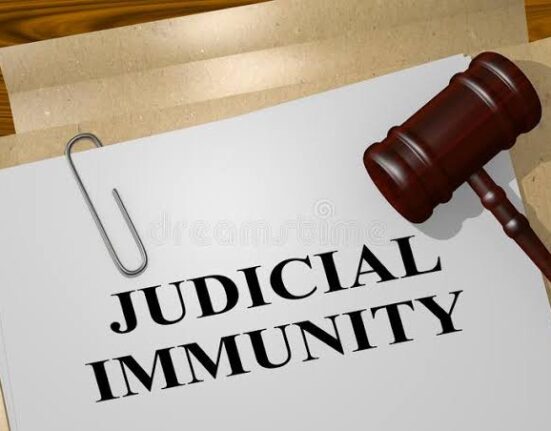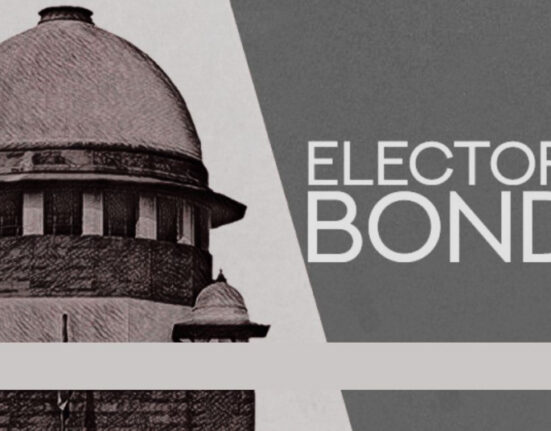H. Aishwarya, a 4th-year B.A.LL.B.(Hons.) student from PES University, Bengaluru has written this Article on “Precedents as a source of law”.
Introduction
In the intricate world of jurisprudence, few concepts have as profound an impact on legal decision-making as precedent. Precedent, often referred to as “stare decisis,” is a foundational source of law in many legal systems, particularly in the realm of common law. It is the principle of deciding current cases based on the legal principles and decisions established in previous similar cases. This comprehensive exploration of precedent as a source of law will delve into its historical development, its role in contemporary legal systems, the intricacies of its operation, its advantages, its criticisms, and the ever-evolving nature of its application in the pursuit of justice and legal consistency.
Historical Development of Precedents as a Source of Law
The concept of precedent as a source of law has deep historical roots, with its development tracing back through various stages of legal evolution.
Ancient Legal Systems
Precedent, in its most rudimentary form, existed in ancient legal systems. In societies such as ancient Rome, the decisions of respected jurists were often considered authoritative interpretations of the law. These early practices sowed the seeds for the development of precedent as a formalized source of law.
Emergence in English Common Law
The modern concept of precedent took root in English common law during the Middle Ages. Judges began to consider earlier decisions as binding authority, creating a framework where similar cases should be decided consistently. This marked the emergence of stare decisis as a guiding principle in the English legal system.
Development of Case Law
As England expanded its empire, so did the influence of common law principles, including the use of precedent. The English tradition of creating detailed case reports, such as those compiled by Sir William Blackstone, further solidified the importance of precedent in legal practice. These reports served as references for future judges and lawyers, shaping the development of case law.
Precedents as a source of law in Modern Legal Systems
In contemporary legal systems, precedent continues to play a pivotal role in shaping and interpreting the law. Its application varies across different legal traditions but is especially prominent in common law systems.
Common Law Systems
Common law systems, such as those in the United States and the United Kingdom, heavily rely on precedent. Courts at various levels are bound to follow decisions handed down by higher courts, creating a hierarchical structure of legal authority. This hierarchical system provides consistency and predictability in legal outcomes.
Civil Law Systems
Civil law systems, as opposed to common law systems, rely less on precedent and more on codified statutes and comprehensive legal codes. However, even in civil law jurisdictions, precedent can still be influential, particularly in interpreting statutes and filling gaps in the law.
How Precedent Operates
To understand the functioning of precedent as a source of law, it is essential to examine the mechanisms through which it operates.
Hierarchy of Courts
In common law systems, the hierarchy of courts determines the precedential value of decisions. Higher courts, such as appellate and supreme courts, set binding precedents for lower courts. Lower courts are obligated to follow these precedents when deciding similar cases.
Ratio Decidendi and Obiter Dicta
In each judicial decision, two elements are typically identified: the ratio decidendi and obiter dicta. The ratio decidendi is the legal principle or reasoning essential to the decision and carries precedential value. In contrast, obiter dicta refers to statements made by the court that are not necessary for the decision and do not have binding authority.
Distinguishing and Overruling
Courts may distinguish a case from a precedent if they find material differences between the two. This allows flexibility in applying precedents to new situations. Additionally, higher courts have the power to overrule their own previous decisions or those of lower courts if they believe that the prior decision was erroneous or outdated.
The Role of Precedent in Ensuring Consistency and Fairness
Precedent serves several crucial roles in modern legal systems, contributing to consistency and fairness in the application of the law.
Legal Consistency
Precedent promotes legal consistency by ensuring that similar cases are decided similarly. This consistency fosters predictability and confidence in the legal system, enabling individuals to anticipate the outcomes of their actions and disputes.
Preservation of Legal Principles
Precedent safeguards established legal principles. It prevents abrupt shifts in legal doctrine, encouraging incremental changes and stability in the law. This preservation of legal principles contributes to the rule of law and protects individual rights.
Equality before the Law
Precedent enforces the principle that all individuals are equal before the law. It prevents arbitrary or discriminatory decision-making by requiring that similar cases be treated alike. This ensures that individuals are not subject to unequal treatment based on their circumstances.
Critiques and Limitations of Precedent
While precedent is a valuable source of law, it is not without its critiques and limitations.
Rigidity
One of the main criticisms of precedent is its potential rigidity. Over-reliance on past decisions can hinder the adaptation of the law to changing social and technological realities. It may also perpetuate legal errors or injustices.
Inertia
Precedent can sometimes lead to legal inertia, where outdated or unjust precedents persist because of the reluctance to overrule them. This can create barriers to legal reform and progress.
Ambiguity
The process of distinguishing precedents and identifying the ratio decidendi can be challenging and lead to ambiguity. Different judges may interpret precedents differently, resulting in conflicting decisions.
Stare Decisis and Social Change
Stare decisis may slow down the legal response to societal changes and evolving norms. In cases where the law lags behind shifting values, precedent can be seen as an obstacle to justice.
The Evolving Nature of Precedent
The precedent is not static; it evolves over time to accommodate changes in society, technology, and legal thought. This evolution may occur through several mechanisms:
Adaptation through Distinguishing
Courts can adapt precedent to new situations by distinguishing cases based on material differences. This allows the law to evolve gradually while maintaining the integrity of past decisions.
Overruling
Higher courts may overrule previous decisions that are considered outdated or erroneous. Overruling is a powerful mechanism for legal evolution, as it acknowledges that the law can and should change to reflect evolving values and circumstances.
Incremental Change
Precedent often evolves incrementally through a series of decisions that gradually modify or expand existing legal principles. This approach allows the law to adapt to changing societal needs without abrupt shifts.
Precedents as a source of law: Conclusion
Precedent, with its historical roots and continued prominence in modern legal systems, is a vital source of law that provides consistency, predictability, and fairness. It plays a pivotal role in ensuring that individuals are treated equally before the law and that legal principles are preserved over time.
However, the inflexibility and potential limitations of precedent also call for a nuanced approach to its application. The tension between the need for legal stability and the demand for social justice and progress underscores the dynamic nature of precedent as a source of law in jurisprudence. Ultimately, it is through the careful balance of tradition and adaptation that the principle of precedent continues to shape the evolution of legal systems worldwide, ensuring that justice is both served and upheld.
Also Raed: Criminal Conspiracy under Indian Penal Code
![]()







Leave feedback about this